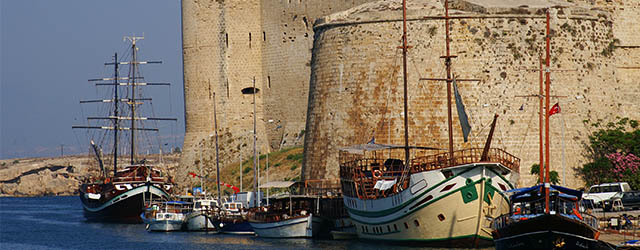The enormous economic challenges faced by Greece have overshadowed a different kind of drama elsewhere in the Mediterranean.

In late February, Cyprus agreed to let Russian naval vessels use its ports for maintenance and supply purposes. The deal may put Cyprus on the wrong side of its fellow European Union members during a difficult period for the country’s struggling economy.
Until Cyprus’ banking sector was rocked by a wide-ranging crisis in March 2013, billions of dollars of Russian capital—much of it thought to be illicit—found its way into the country. A double taxation treaty between Russia and Cyprus, and the island’s 10% corporate tax rate, also drew in legitimate investment from Russia. Roughly a quarter of Russia’s total foreign direct investment, meanwhile, came from Cyprus—mostly recycled Russian money returning home at a lower tax rate.
At the peak of this reciprocal arrangement, nearly $20 billion of Russian money was held in Cypriot banks, and Russian banks had lent roughly $40 billion to Cypriot entities. But despite the close relationship between the two countries, Russia didn’t offer to bail out Cyprus, preferring for Cyprus’ negotiations with the EU to run their course.
Since then, Russian president Vladimir Putin’s push to bring Russian capital back onshore has reduced the appeal of doing business through Cyprus. “A delicate balance” is how geopolitical analysts Stratfor characterize the attempts of Cyprus to remain friends with both Russia and Europe. The naval agreement with Russia highlights Cyprus’ desire to continue to cultivate Russia as a possible source of investment. Russia, in turn, is eager for a friend in the European Union that might push back against economic sanctions imposed on it because of the ongoing conflict in Ukraine. “At this point, Russia needs any friends it can get,” said political analysts at Eurasia Group.



